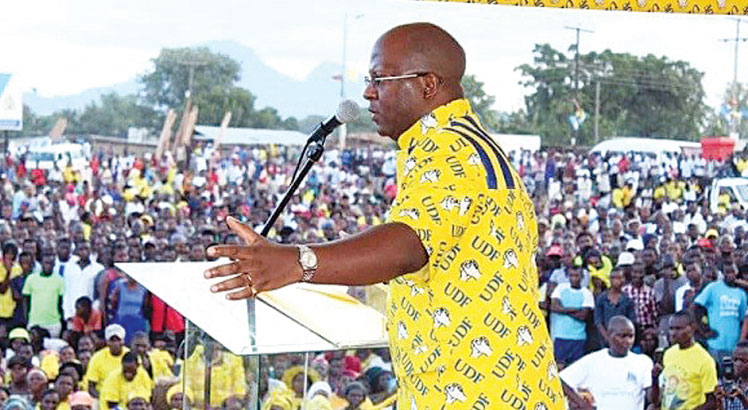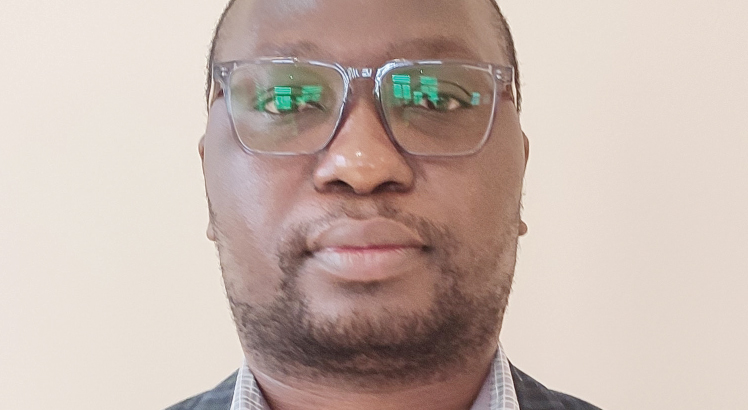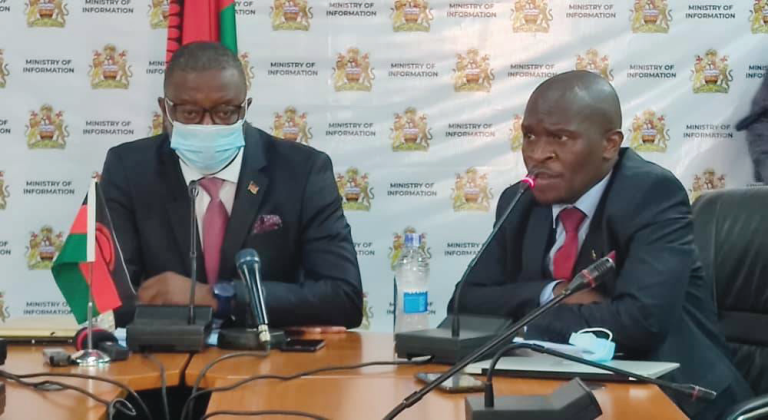On knife edge
Indeed, the art of winning power is not for governing. Whether legitimately or not, DPP won the 2019 elections, the dispute that has beset this country not withstanding. There were clear lessons inside the narrow victory. Over 63 percent of the electorate rejected the DPP and, by plausible extension, the manner in which it governed the first term. Several of President Peter Mutharika’s Cabinet ministers, post 2019, also suffered a hiding in the elections. Grace Obama Chiumia, Jean Kalilani, Emmanuel Fabiano and Aggrey Massi are among those who foundered at the polls.

But Mutharika won, according to Justice Jane Ansah. He won a stolen victory, according to his detractors. The High Court was yet to decide the forward, by yesterday afternoon. But that a majority of the people were left unimpressed by his first term is now crystal clear. And Mutharika, whether he is oblivious to this message or not, has not been insulated from hearing it. If the President has not deduced this fact in the election results, then perhaps this should be clear on the streets where people are rioting day in and day out, or in Parliament where the opposition made sure it took the protests to the president during his state opening of the first meeting of the 48th session of the 2019/2020 Budget Meeting of parliament address yesterday.
While travelling by road from Blantyre to the capital city for the first time since the elections, Mutharika’s convoy met unexpected resistance: a road barricaded by burning tyres and stones. His security team didn’t take chances and opted to reroute the presidential convoy, avoiding the populous parts of the city.
But Mutharika is governing us. For how long he will be at the helm is something the court will decide. And, perhaps, it would be advisable for the President to revisit the wisdom in the saying above. The fact that the DPP has been rejected by the majority of the citizens should not be trivialised. Mutharika is governing a very angry public. And it cannot always be like this, Mutharika can change the dial. There are legal issues to be sorted but beyond that, these are very much political issues. Our crisis is not Constitutional, it’s political.
I am not a fan of second president Dr Bakili Muluzi’s record in power. But if there is a fact we all tend to easily agree on in this country, this is that Agama was a shrewd political engineer. Mutharika would better revisit Muluzi’s tactics in post bitter elections of that bygone era. The subtle tactic is not simply to stifle out the opposition, but to bring out some semblance of unity. At least, talk with the rival. Even find a way to build a consensus.
But that’s business for the roundtable. Business that will not easily placate the millions of Malawians who have said no to Mutharika. So, what will happen, then?
First, Mutharika must genuinely strive to change the way this country is governed. The frustrations of the jobless, those who feel left out but see corruption eating away all benefits they could get from their government are livid. The cronyism, too, was real in Mutharika’s first term. As far as the critics are concerned, vision for national development was absent. Tribalism worsened. All that has to be addressed.
Mutharika must think long and hard about his legacy. His presidency can’t just be about filling a gap and ensuring that DPP is in power. It must bring tangible change to Malawians. Often, victory breeds executive arrogance but Mutharika must humble himself to listen to everyone, especially those outside his circle. He is right when he says we must bury the hatchet and move on (although that statement will mostly be relevant when the courts have made themselves heard). But the president must lead this rebuilding exercise.
His Cabinet selection was supposed to set the tone. But I would hasten that, in that regard, the President delivered a mixed message. It’s good that many new faces have been roped in, to freshen up the Cabinet. But it’s also disheartening to see that most of the new faces still come from the DPP school of thought that has dominated the last five years. Take the Minister of Finance, for example: we all longed for the departure of treasury czar Goodall Gondwe and hoped for a new broom. But not only will ole Goodall remain a huge influence, as Mutharika’s new advisor on Finance, but he was also replaced by Joseph Mwanamvekha. To put that in context, both Gondwe and Mwanamvekha were well at the centre of one of the Mutharika regime’s controversal deals—the sale of state-owned Malawi Savings Bank (MSB). So, will Mutharika’s win see him governing any differently from the troubled first term?





